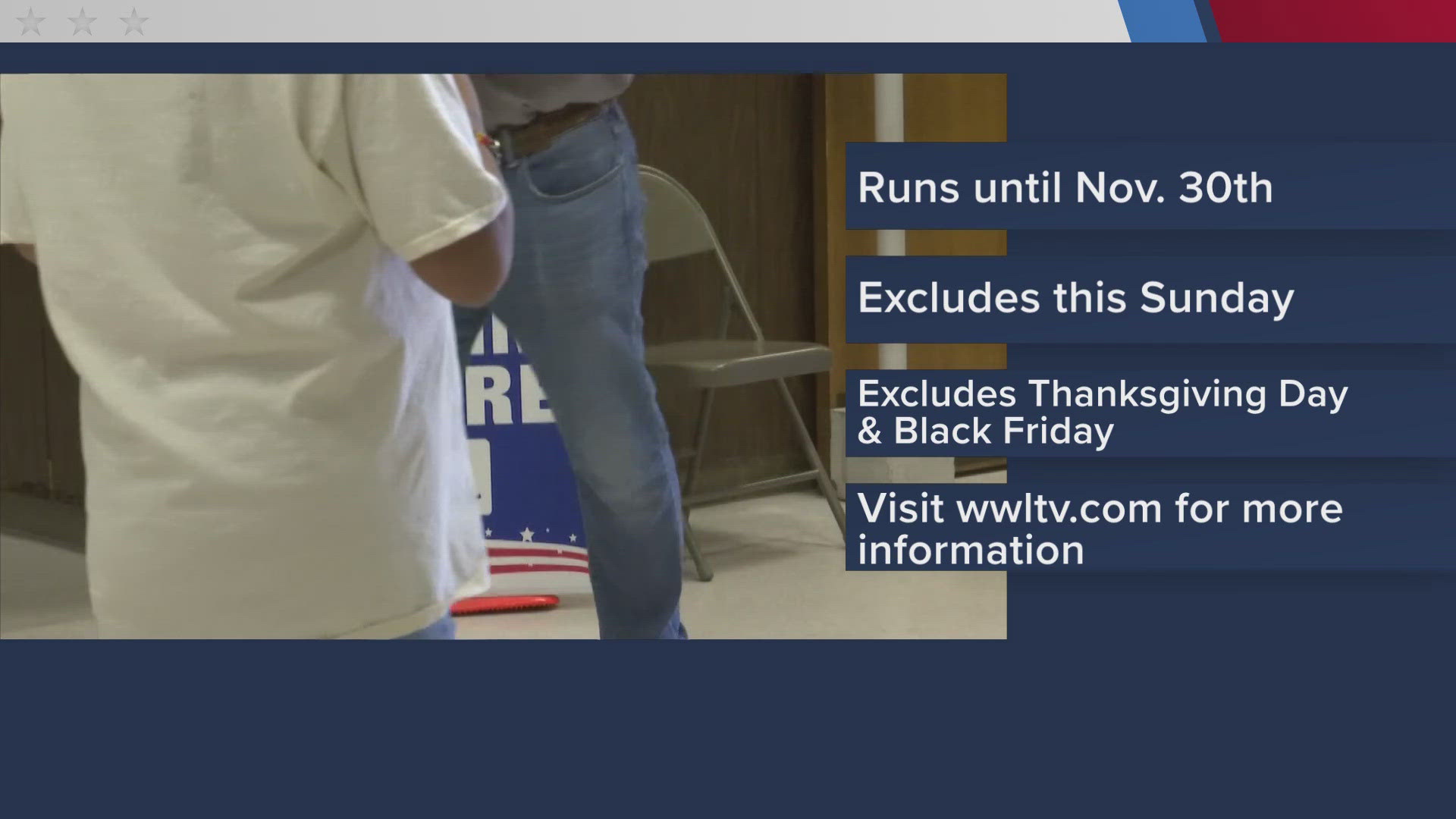BATON ROUGE, La. — The House voted 48-38 to kill a bill Thursday that would have created an avenue of hope for prisoners who were convicted by non-unanimous juries before the U.S. Supreme Court outlawed the practice.
House Bill 588 would have created a special committee for providing parole for up to roughly 1,500 people who had been convicted by non-unanimous juries before the court ruling in 2020.
The term non-unanimous describes juries that were split in their decisions. Prior to the court ruling, people could be convicted of felonies, including murder, with a 10-2 vote.
The author of the bill, Rep. Randal Gaines, D-LaPlace, spoke emotionally on the need for the bill. Residents of Louisiana voted to end convictions with non-unanimous juries in 2018, but the wording of the amendment was proactive, not reactive.
A Supreme Court case, Ramos v. Louisiana, confirmed in 2020 that non-unanimous juries were unconstitutional. However, the court determined that this decision would not apply to previous cases.
Now, if a jury cannot come to a unanimous verdict, it can result in a new trial. Criminal rights advocates have been pushing for re-trials for individuals who were convicted earlier.
Gaines said that a bill authorizing retrials would never pass with the Legislature, so creating a special committee to review the cases was his solution.
The committee would have been able to grant parole to individuals if it was decided that the person was convicted by a non-unanimous jury and that resulted in a miscarriage of justice.
Also Thursday, the House unanimously passed three concurrent resolutions dealing with incarcerated people’s conditions.
House Concurrent Resolution 65, authored by Rep. Denise Marcelle, D-Baton Rouge, requests a study on the system for reporting deaths in correctional institutes.
HCR 102, by Edmond Jordan, D-Baton Rouge, would allow for incarcerated people working in state buildings to have name tags. Jordan said this would bring dignity to the individuals.
HCR 104, authored by Rep. Mandie Landry, D- New Orleans, would direct the legislative auditor to audit whether prisons are adhering to previously passed legislation that affected women’s treatment.
Landry said this resolution comes from a study by the Louisiana Public Health Institute that said there is no process to determine that.
► Get breaking news from your neighborhood delivered directly to you by downloading the new FREE WWL-TV News app now in the IOS App Store or Google Play.



